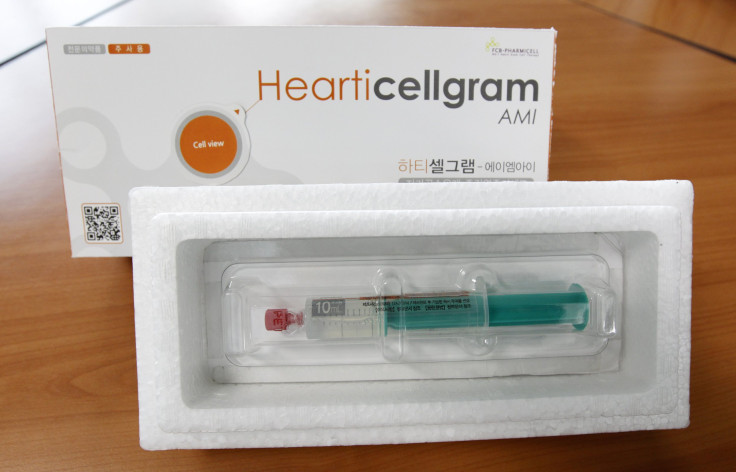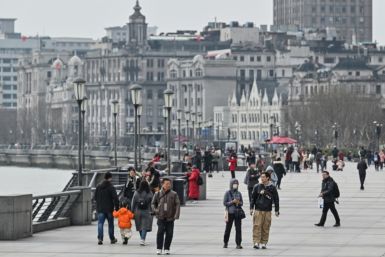Stem cell clinics in Australia exploiting regulatory loophole to offer untested treatments

Untested stem cell treatments are rapidly increasing in Australia because of a regulatory loophole that allows businesses offer potentially harmful or ineffective treatments. As per a new study, Australia has one of the world’s highest concentrations of stem cell businesses that advertise cosmetic and medical treatments online. There is even lack of evidence about the safety and effectiveness of some of the procedures.
Professor John Rasko from the University of Sydney and senior author of the paper said that Australia’s medical regulator, the Therapeutic Goods Administration (TGA), should close the loophole immediately to stop harmful treatments. The researchers found out that websites make improbable claims, are vague about medical conditions they offered treatment for and sometimes offered information on request and inconsistent terminologies.
Certain operators who are not associated with any academic institution are directly offering public stem cell treatments for diseases that are still under clinical trials. Some of treatments have no solid evidence and for which efficacy and safety is still unproven. The study, published in the journal Cell Stem Cell, revealed that these stem cell clinics reinject cells from a patient’s own fat in to a patient's body using liposuction or such similar procedures to treat a number of conditions including osteoarthritis.
Rasko said that there are 19 such clinics in Australia and all were exploiting the regulatory loophole.
“The Australian Academy of Science, the NSW Medical Board and the NHMRC (National Health and Medical Research Council), all put in submissions to the TGA in early 2015 when there was a call for submissions saying that the regulations should be tightened. But this loophole called the exempt goods order, introduced some years ago, legitimately allowed some procedures to be put under the regulatory umbrella. But unfortunately included the stem cell procedures that allowed these clinics to proceed pretty much unfettered,” Rasko told the ABC.
Australia has ranked fifth in the world for number of such clinics. It was earlier thought that such stem cell clinics operated mostly in health-tourism hotspots such as Russia, Eastern Europe and South-East Asia. However, the study found that the clinics are most-prevalent in the industrialised western countries and Australia is one of them.






